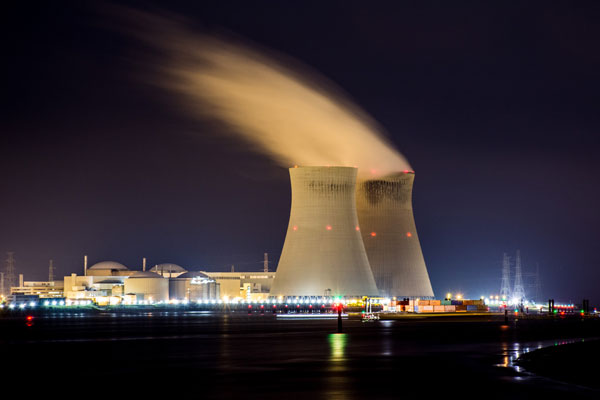Japan plans to release a million tonnes of Fukushima water into the ocean this year

[Photo Credit to Unsplash]
Japan is preparing to release 1.3 million tonnes of radioactive water into the sea.
As planned, Japan will execute its action in the spring or summer of this year, which is in a couple of months.
This radioactive water emanated from the 2011 Fukushima Daiichi Nuclear Power Plant accident.
This accident was caused by a major earthquake and tsunami that led to a power loss in the Nuclear Power Station.
Without power, the cooling systems and power supplies were disabled, resulting in the melting of the central cores in the three reactors.
The wastewater is currently filtered and supplied in large tanks located in Fukushima, Japan.
Tokyo Electric Power Company (TEPCO), the operator of the nuclear power plant, revealed that there is no more space to store the polluted water.
Furthermore, they plan to discharge 500 tons of water each day throughout the course of 30 years, instead of releasing them all at once.
In order for the waters to be released, they had to ensure that their disposal method met the safety standards.
Even if the water goes through the Advanced Liquid Processing System (ALPS), tritium will remain; intake of tritiated water can be harmful to our bodies.
Although the Japanese government and the International Atomic Energy Agency (IAEA) state that discharging the treated water is reasonable and safe, many citizens are showing opposition to the action.
Neighboring countries including China and Korea expressed disquiet; Greenpeace and environmentalists have been also protesting against Japan’s decision in releasing the wastewater.
Pacific Island nations also expressed their concern about the nuclear contamination in the Blue Pacific.
Health physicists and other experts strongly criticized the plan and declared that Japan’s statement lacked reliability.
Timothy Mousseau, a professor at the University of South Carolina, expressed his concern by stating that “Japan’s study is limited and one might argue that it was designed to show no effect of tritium. There is much more that needs to be done in terms of testing to determine the safety of tritium.”
Environmental scientists also raised concerns regarding the disposal of wastewater and its impacts on coastal cities and feared that radioactivity might change human DNA.
Radionuclides, an unstable form of a chemical element that releases radiation, behave differently depending on the environment.
They bioaccumulate at different levels, indicating a variation in the rate organisms intake substances and chemicals.
For instance, the chemicals from the water can affect marine life and creatures in the ocean; large amounts of radioactivity contaminated in the ocean can increase the marine exclusion zone.
They will also bring significant damage to the fishing industry regionally, which can be extended to a more global level.
Not only will the fishing industry lose their fresh reputation for the products but seafood businesses will as well.
Therefore, restaurant owners and salespeople will face uncertainty over the future of the seafood market and their current occupation.
As the date of release approaches, numerous people are starting to worry about the impact of the wastewater on both humans and the environment.
Eventually, the unsafe water will also affect the normal lives of each individual.
The decommissioning of the Fukushima radioactive water has just started and will continue for the next few decades.

- Kate Kim / Grade 9
- Gyeonggi Suwon International School

![THE HERALD STUDENT REPORTERS [US]](/assets/images/logo_student_us.png)
![THE HERALD STUDENT REPORTERS [Canada]](/assets/images/logo_student_ca.png)
